1. The Curious Case of the “Pants”

In the U.S., “pants” are your standard leg-covering trousers. But say “pants” in the U.K., and people will assume you’re talking about your underwear. Yep, just casually mentioning your “pants” in Britain can get you some raised eyebrows, especially if you’re in polite company. If an American says, “I spilled coffee on my pants,” a Brit might wonder why they’re oversharing such personal wardrobe mishaps shares The Week.
To avoid confusion, Brits use the word “trousers” for what Americans call pants. And if you’re actually talking about underwear in the U.K., then “pants” is the correct term. It’s the kind of mix-up that can lead to awkward but hilarious situations, especially when shopping or trying to describe an outfit. Let’s just say you’ll want to clarify before asking where someone bought their pants adds Daily Mail.
2. “Chips” vs. “Fries” Confusion
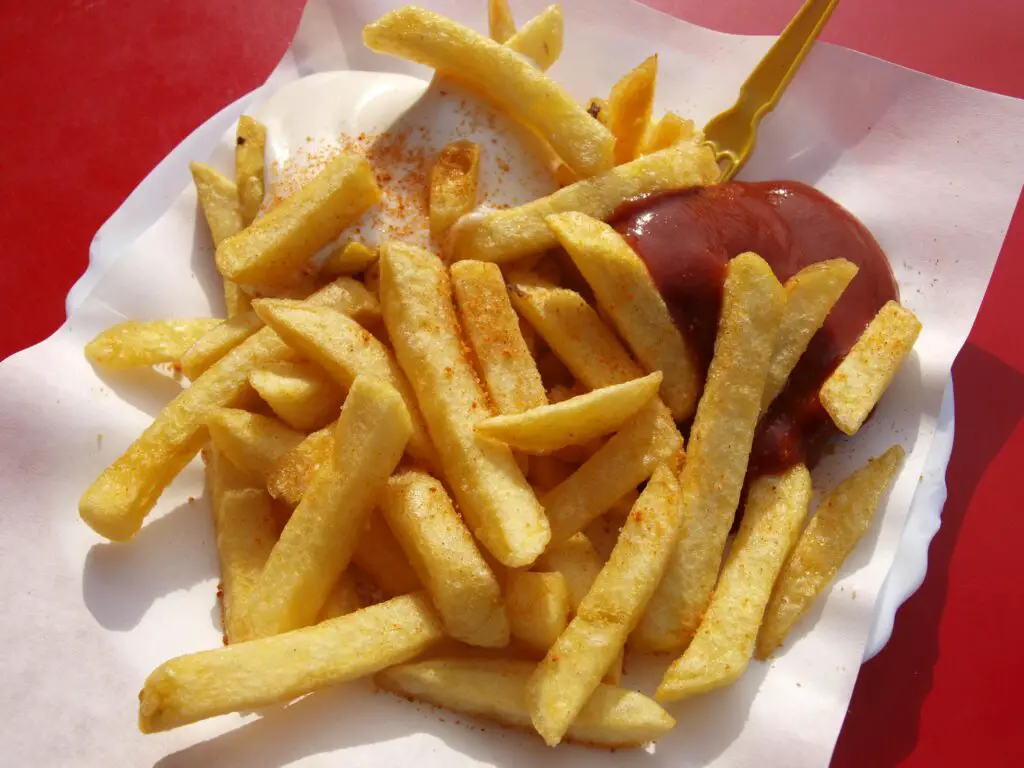
An American walks into a British pub, orders fish and chips, and expects a bag of crunchy potato snacks. But nope — they get thick, hearty French fries instead. That’s because in the U.K., “chips” are what Americans call fries shares USA Today. And what Americans call chips, Brits call “crisps.”
It’s a fried potato identity crisis. The same food item is just wearing different names depending on which side of the Atlantic you’re on. The tricky part comes when you’re craving one and end up with the other. You might be expecting a salty, crunchy snack and get hot, greasy fries instead — not the worst mistake, but definitely not the same vibe.
3. The “Rubber” That Isn’t What You Think
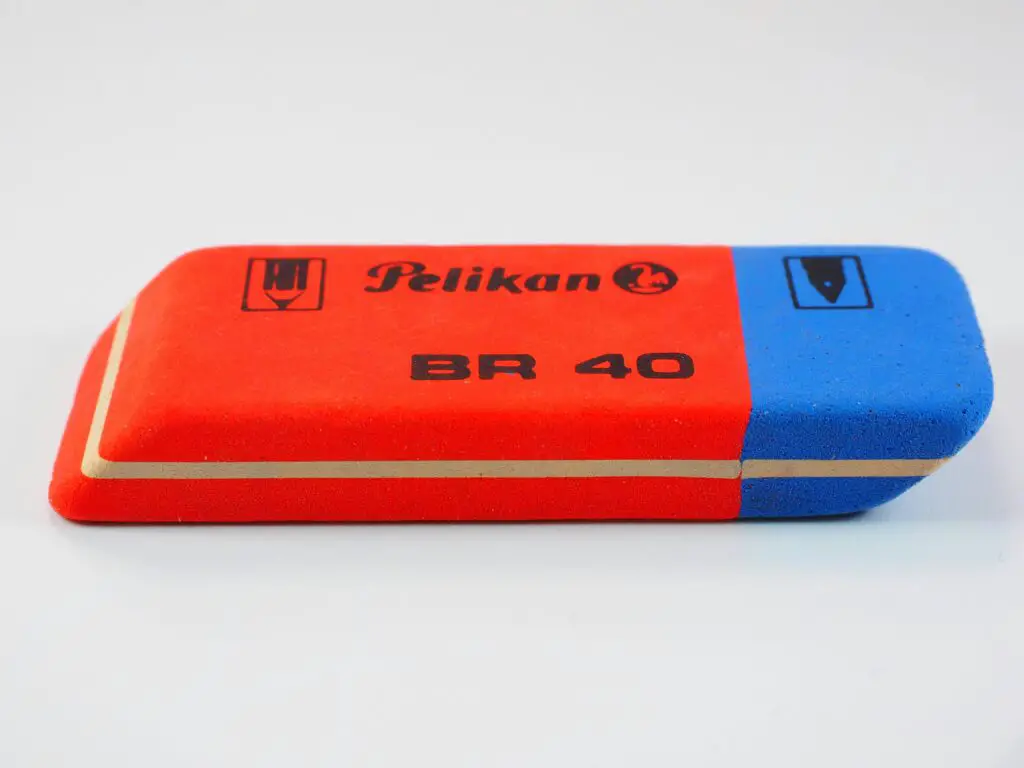
Imagine being in school and asking your classmate if they have a rubber. In America, that would be a record-scratch moment, because “rubber” is slang for a condom. But in the U.K., it just means an eraser — a harmless little thing to fix your pencil mistakes adds the Independent.
It’s one of those moments where context matters a lot. British kids grow up asking each other for rubbers during math class with no giggles involved. But if an American student transferred schools, they’d be horrified at first. This one can definitely cause some awkward glances before everyone gets on the same page.
4. “Fancy Dress” That Isn’t Fancy
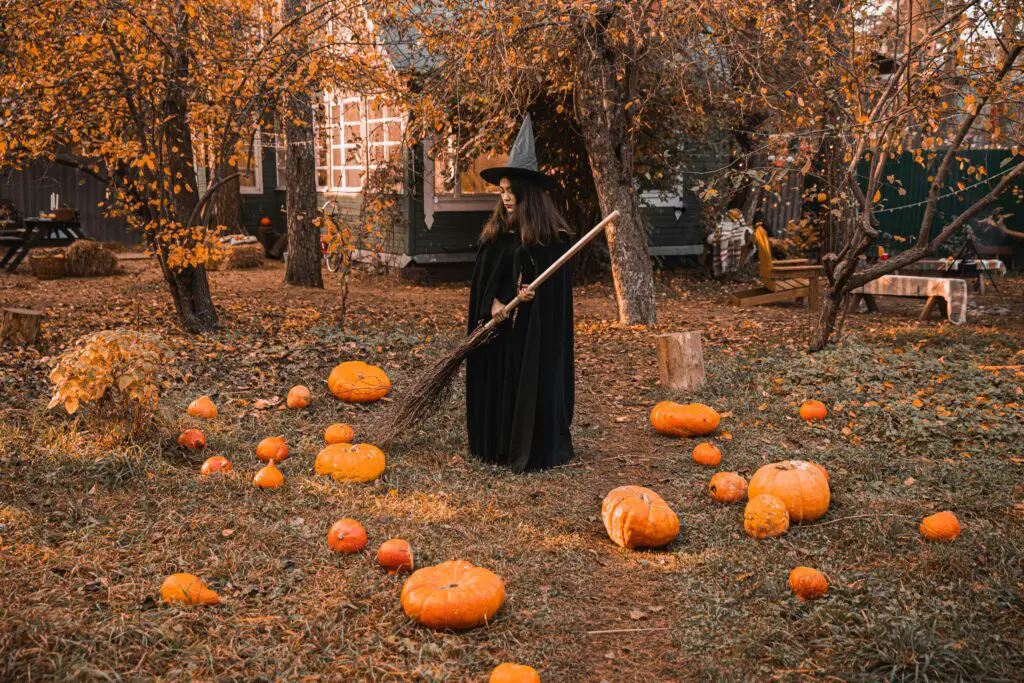
If a Brit invites you to a “fancy dress party,” don’t show up in a cocktail gown or tuxedo. In the U.K., “fancy dress” means costumes — like Halloween-level outfits. So you could be Batman, a pirate, or a giant hot dog, and that would be totally appropriate. Show up in a ball gown and you’ll definitely stand out, but not in the way you hoped.
Americans, on the other hand, hear “fancy dress” and immediately think formalwear. It’s a classic mix-up that can make for some great photos if you aren’t warned ahead of time. Luckily, most Brits are pretty quick to clarify when they realize you’re new to the lingo. But it’s always worth double-checking unless you want to be the only one at the party in sequins.
5. When “Football” Isn’t Football
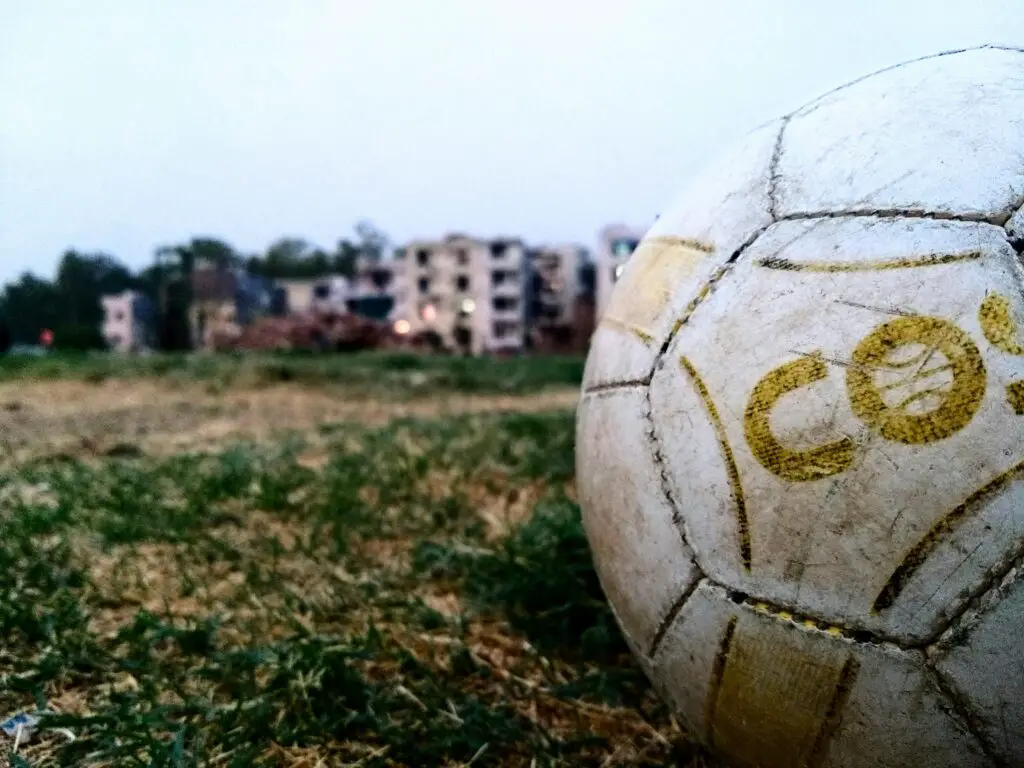
In the U.S., football means helmets, touchdowns, and massive stadiums. In the U.K., “football” is what Americans call soccer. So if you’re chatting with a Brit and mention how much you love football, they might assume you’re talking about Manchester United, not the NFL. And if you say soccer in front of a die-hard British fan, be prepared for some gentle (or not-so-gentle) teasing.
It’s such a simple word, but it carries a lot of pride on both sides. Brits take their version of football very seriously, and so do Americans — just in a completely different way. If you’re traveling or making small talk, it’s good to clarify before you start debating players or teams. Otherwise, you could find yourself passionately defending the wrong sport.
6. The Mystery of the “Boot” and “Bonnet”
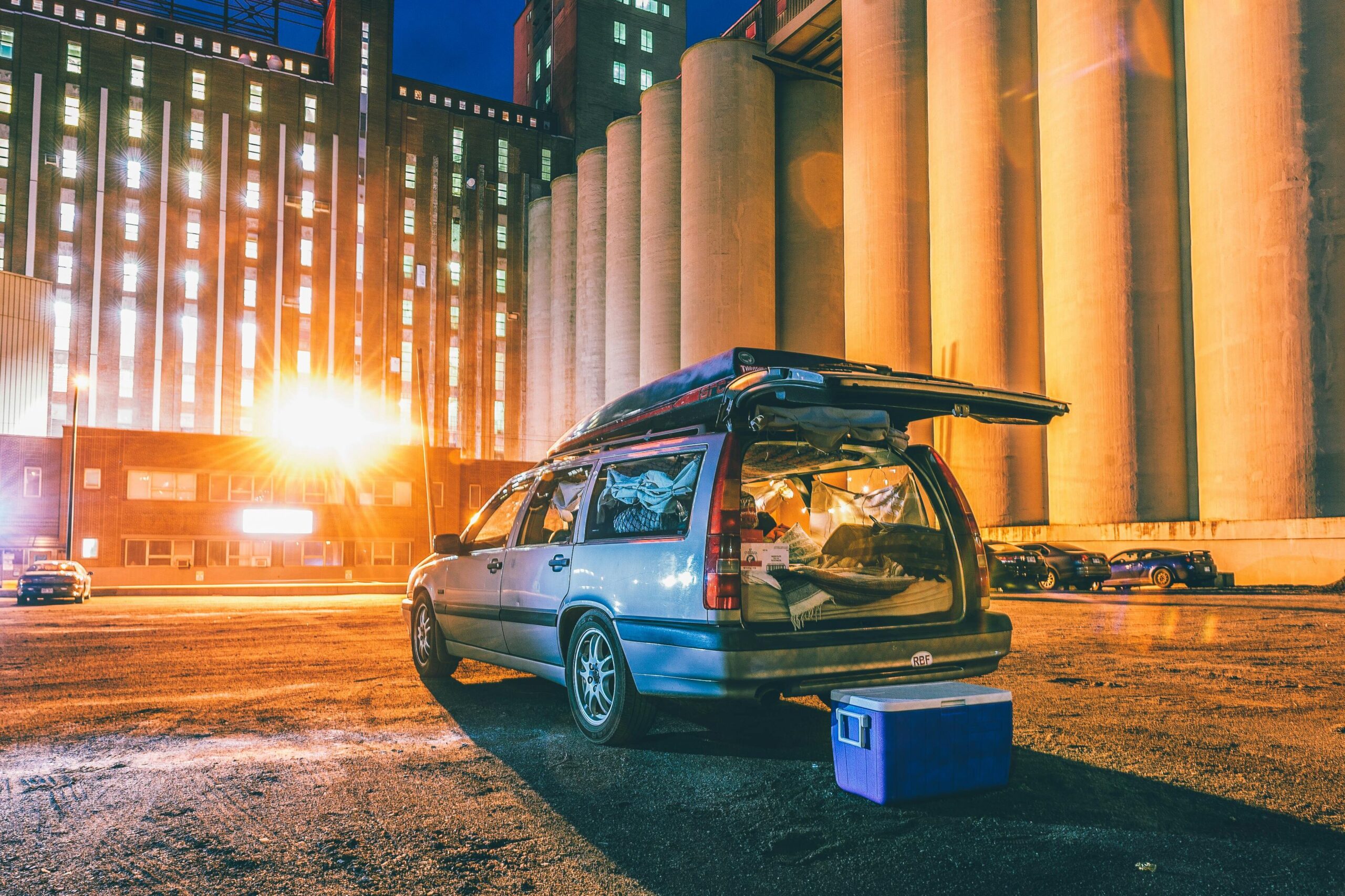
When an American hears “boot,” they picture shoes. But in the U.K., the “boot” is the trunk of a car. And the “bonnet”? That’s the hood. So if a Brit says they left something in the boot, they’re not talking about footwear — they’re talking about the back of their vehicle.
This one trips people up at rental car desks and road trips alike. It sounds poetic and a little old-fashioned, but it’s totally normal in the U.K. Once you get used to it, it’s actually kind of charming. Still, don’t go lifting your bonnet unless you actually know what’s under there — that’s universal advice.
7. “Biscuits” That Are Not Biscuits

In America, biscuits are warm, flaky, buttery bread rolls, often served with gravy. In Britain, “biscuits” are cookies — sweet, crunchy, often dunked in tea. So when an American hears “biscuit tin,” they’re picturing a container of baked bread. A Brit, meanwhile, is already thinking chocolate digestives.
It’s the kind of mix-up that won’t ruin your day but might leave you a little disappointed at tea time. Imagine ordering biscuits and gravy in London and getting puzzled looks all around. Or being offered a biscuit in the U.K. and waiting for something savory, only to get a sugar rush. It’s one of the tastier differences, at least.
8. “Fanny” Is Not a Word to Throw Around
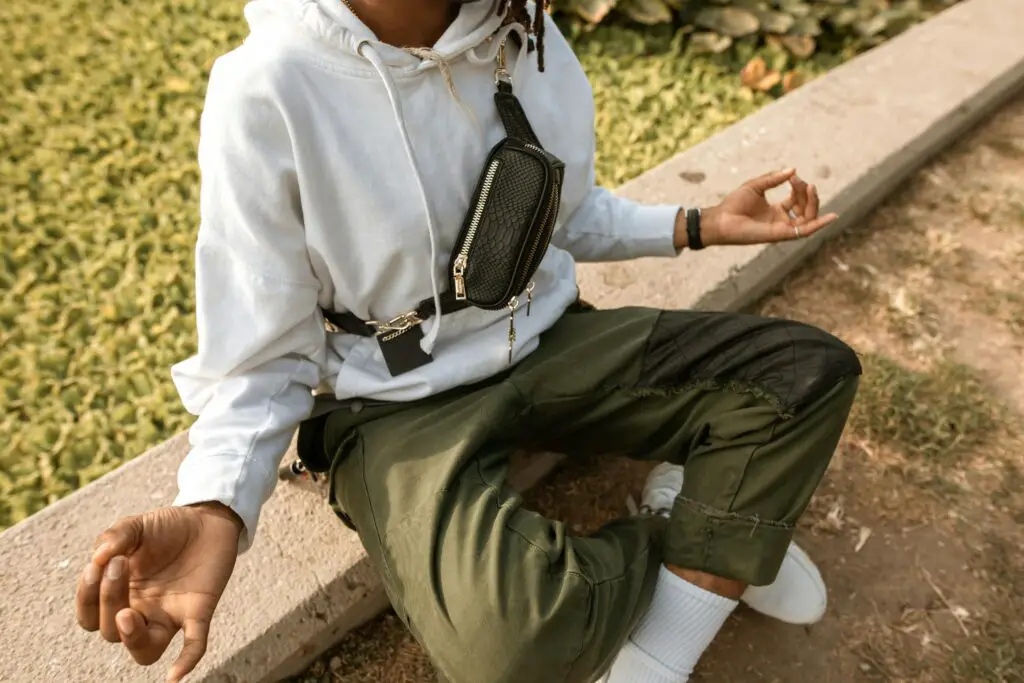
This one is downright dangerous if you’re not in the know. In America, “fanny” is a cute word for your butt. In Britain, it refers to female anatomy — and not in a polite way. So saying something like “sit on your fanny” in the U.K. can really throw people off.
It’s one of the more shocking translation fails between the two dialects. Most Brits will recognize what you meant and let it slide, but you’ll still get a few stifled laughs. The safest bet? Just avoid using the word entirely while abroad. Or get ready to explain yourself in a very awkward conversation.
9. “Holiday” Isn’t Just for the Calendar

Americans go on vacation. Brits go on holiday. Simple enough, right? But it can be confusing if you’re not used to hearing it that way. An American might think a Brit is talking about Christmas or the Fourth of July when they mention a “holiday.”
But in the U.K., saying you’re “on holiday” means you’re out of office, relaxing on a beach or sightseeing somewhere. It actually sounds a bit more cheerful than “vacation,” doesn’t it? Just don’t ask a Brit if they’re “on vacation” — you’ll likely get a polite correction and a small chuckle.
10. “Canteen” Sounds Much Cooler Than It Is
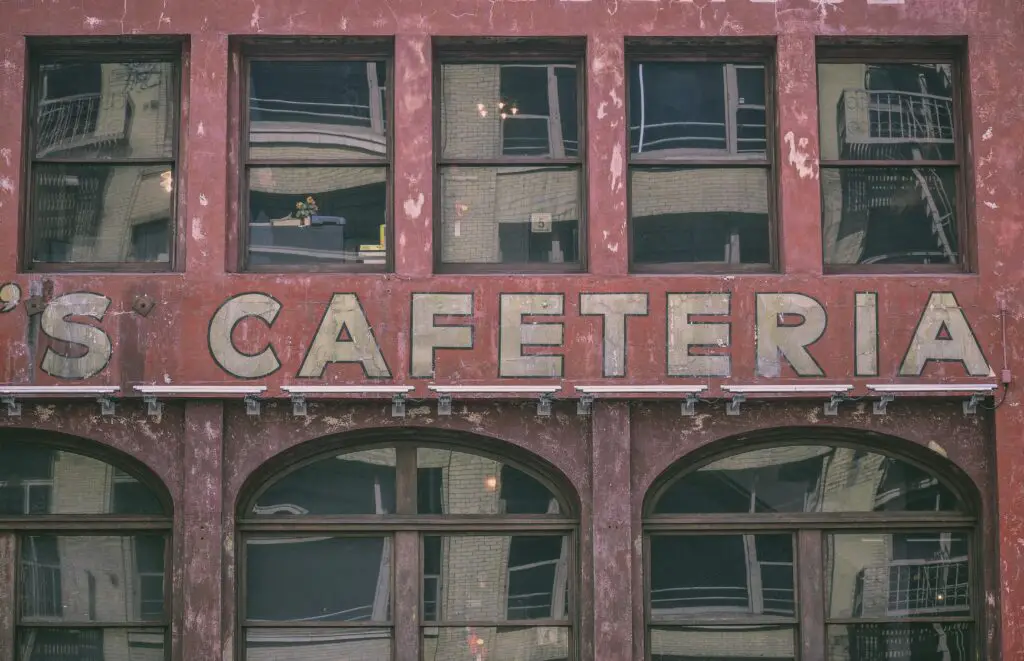
In the U.S., a canteen is usually a military-style water bottle or maybe a scout’s gear. In the U.K., a canteen is a cafeteria — like the one at your workplace or school. So when a Brit says they’re heading to the canteen for lunch, don’t expect them to be hiking through the woods with a metal flask.
It’s another one of those words that makes you do a mental double-take. Americans might think of rugged survival gear, while Brits are just talking about grabbing a sandwich and a cuppa. The word feels oddly dramatic for such a normal setting, but that’s what makes it fun. Plus, “canteen” just has a better ring to it than “cafeteria,” doesn’t it?
11. “Lorry” and “Truck” Take Different Roads
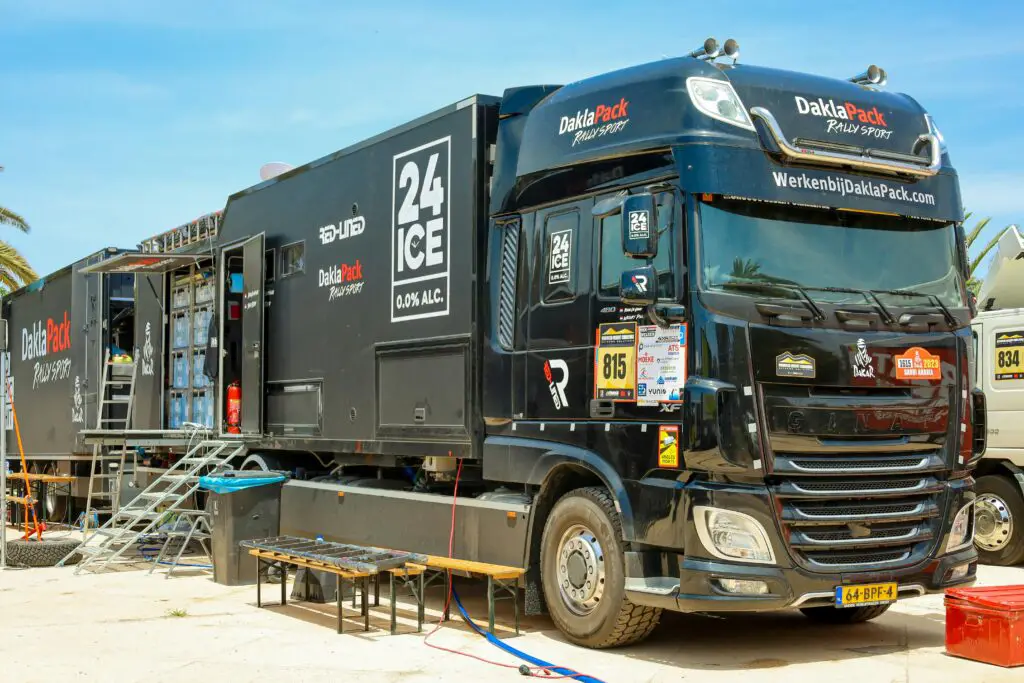
Americans drive trucks. Brits drive lorries. Same vehicles, different vocabulary. So when a Brit says a lorry is blocking the road, don’t go looking for something strange — it’s just a big truck doing its thing.
“Lorry” sounds a little fancier and more refined, doesn’t it? Maybe that’s why it’s stuck around. It’s one of those words that doesn’t get a lot of attention but can definitely make you pause if you hear it in traffic reports or travel updates. Bonus points if you can say it without putting on a fake accent.
12. The “Toilet” Isn’t a Taboo Topic
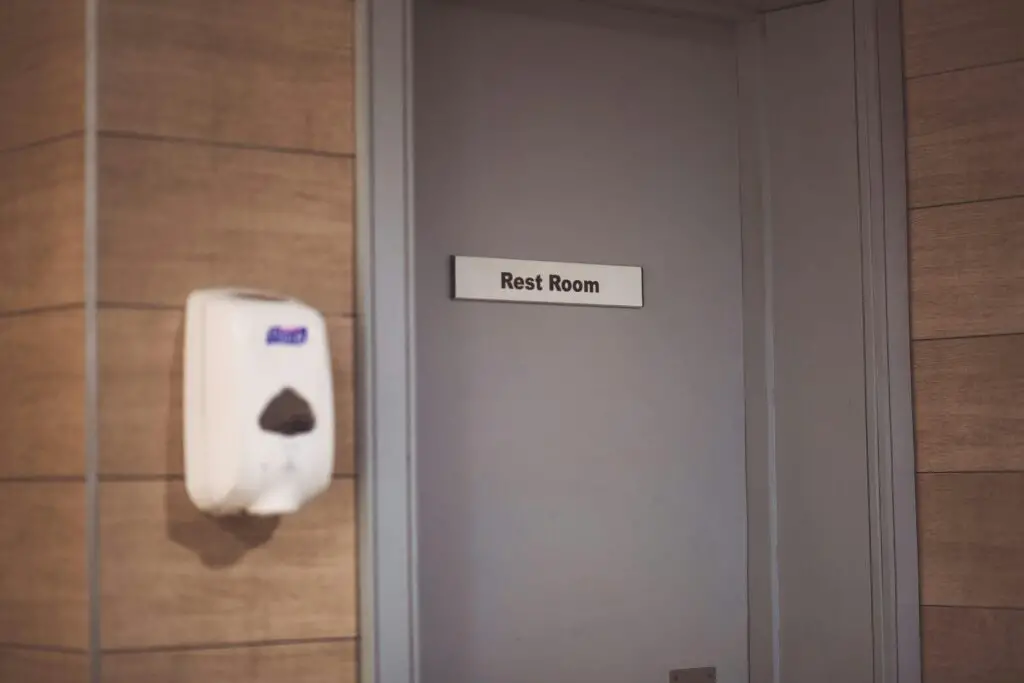
In America, people often dance around the word. They’ll say restroom, bathroom, or powder room — even if there’s no bath involved. Brits, on the other hand, go straight to the point and call it the toilet. It might sound a bit blunt at first, but it’s refreshingly clear.
There’s something kind of freeing about not sugarcoating it. You need the toilet? Just say so. No need to announce you’re off to “freshen up” or “powder your nose.” Though if you’re in a fancier place in the U.K., you might hear “loo” — which somehow manages to be both polite and cute.
13. “Torch” Isn’t Just for Stormy Nights
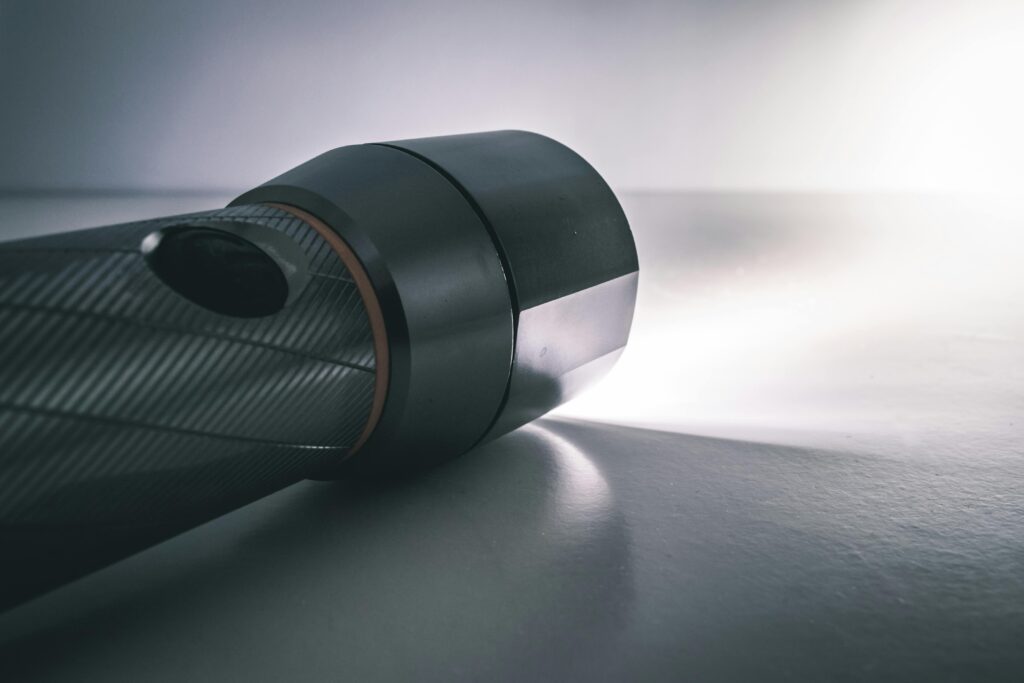
Say “torch” in America, and people picture fire — maybe something held by a mob in a black-and-white movie. But in the U.K., a torch is what Americans call a flashlight. So when a Brit says they need a torch to look in the attic, don’t assume they’re lighting a flame.
It’s one of those words that sounds dramatic but is actually super practical. There’s just something more heroic about saying you need a torch. Flashlight feels so modern and dull by comparison. Honestly, wouldn’t you rather wield a torch than fumble with a flashlight?
